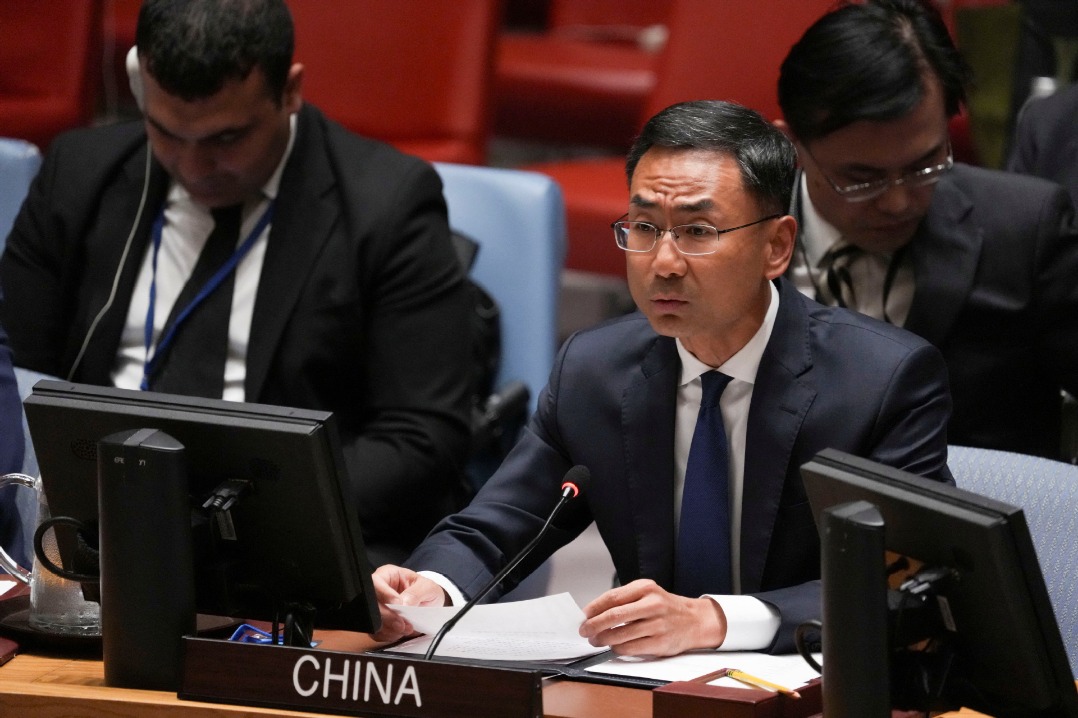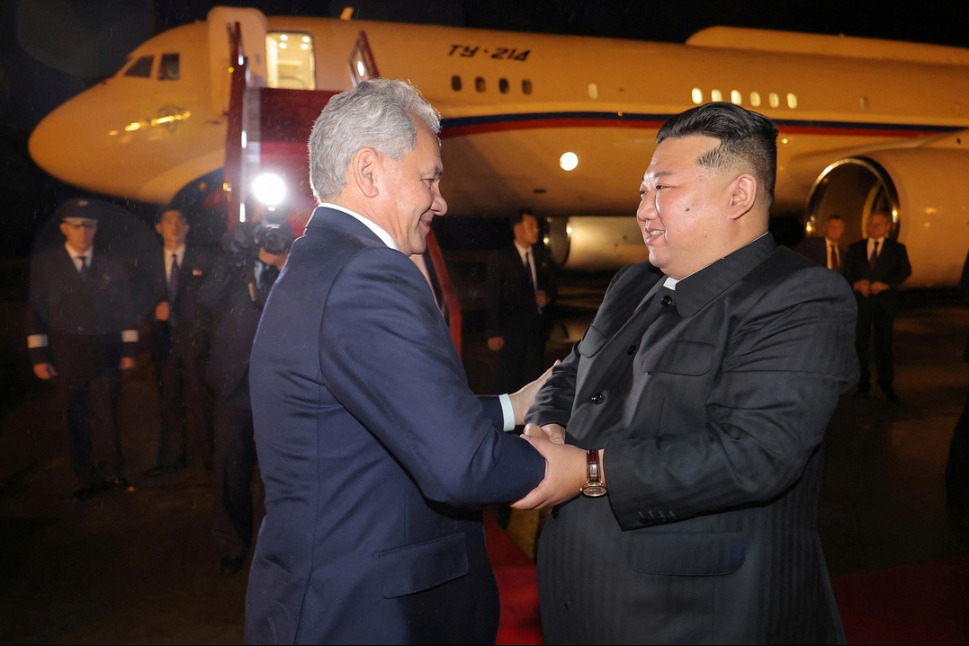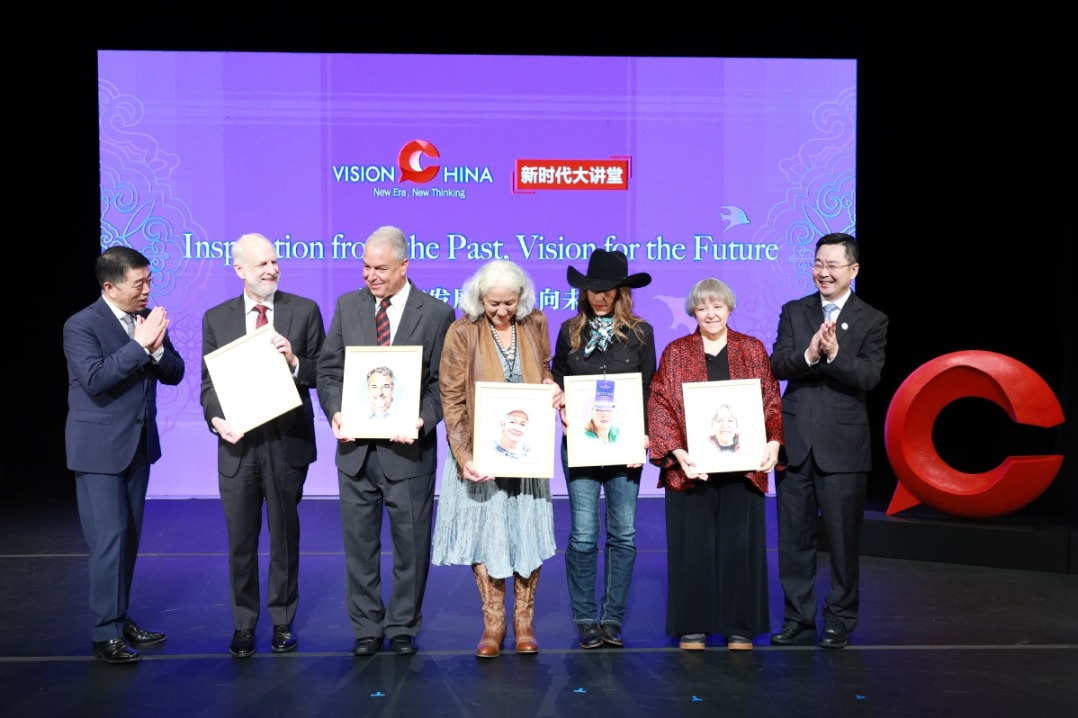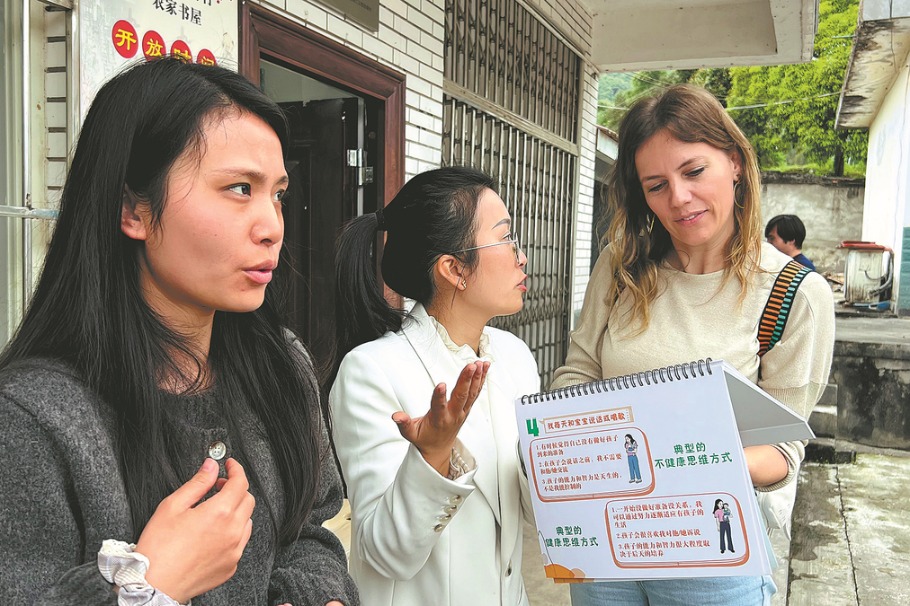US, China role emphasized in AI governance
Discussions on what shape controls should take at center stage, panel hears

Any international rules on generative artificial intelligence must involve the United States and China and those countries' companies, participants in a recent panel discussion said.
"In terms of scale and number of companies, a number of researchers, a number of STEM researchers, it's really the US and China," said Paul Triolo, an associate partner for China and Technology Policy Lead at the Albright Stonebridge Group, a global strategic advisory and commercial diplomacy firm. "So, the consensus is that China and Chinese companies need to be part of a global dialogue."
Triolo spoke in a panel discussion titled "The United States, China, and AI: What Does Cooperation Look Like?", hosted by the Institute for China-America Studies in Washington.
In San Francisco in November, Chinese President Xi Jinping and US President Joe Biden agreed to establish a government-to-government mechanism to discuss AI.
In Bangkok in January, China's Foreign Minister Wang Yi and the US National Security Adviser Jake Sullivan discussed holding a US-China AI dialogue this spring.
Panelists at the event said US AI companies have engaged in discussions with Chinese AI experts, and leading scientists from both countries have jointly put out calls for tighter controls on technology.
Triolo said that AI technology goes back "quite a ways", while ChatGPT came out in November 2022. ChatGPT, developed by Open-AI, is a chatbot that uses large language models, a type of AI that can, among other things, recognize and generate text.
"So now when we talk about AI, oftentimes people tend to mean generative AI and applications like ChatGPT," Triolo said.
AI, as embodied particularly in its next-generation form of generative AI, is a technology of immense transformative potential, and could produce significant harm, be it in the sphere of disinformation, cybersecurity, or military applications, he said.
"Given this is such an important emerging technology now, whoever leads in this arena is going to have a major economic advantage. And so whichever countries … dominate, companies and countries dominate, will … have this leading economic growth."
Although China and the US are willing to discuss or even work together on AI, the questions of what topics should be discussed and who should represent either side have yet to be decided.
Denis Simon, a distinguished fellow at the Institute for China-America Studies, said there are "more questions than answers" about US-China potential cooperation in AI. "And I think both sides are trying to figure out where they're going to end up.
"I think the US perspective is somewhat different about this working group and what's going to happen. I think they really want to discuss more about the management of AI and more about, in fact, to be very honest, the control over AI. America has a certain perspective on the potential nefarious uses of AI."
China is placing great importance on "new quality productive forces" and trying to get into "a whole new economic and technological posture by using this kind of model of AI-led transformation", Simon said.
However, the US seeks no cooperation or exchanges on the underlying technological hardware that drives frontier AI models, he said, as the Biden administration has placed "onerous" export-control restrictions on leading-edge graphics processing units, aimed at preventing China from training its frontier models.

































